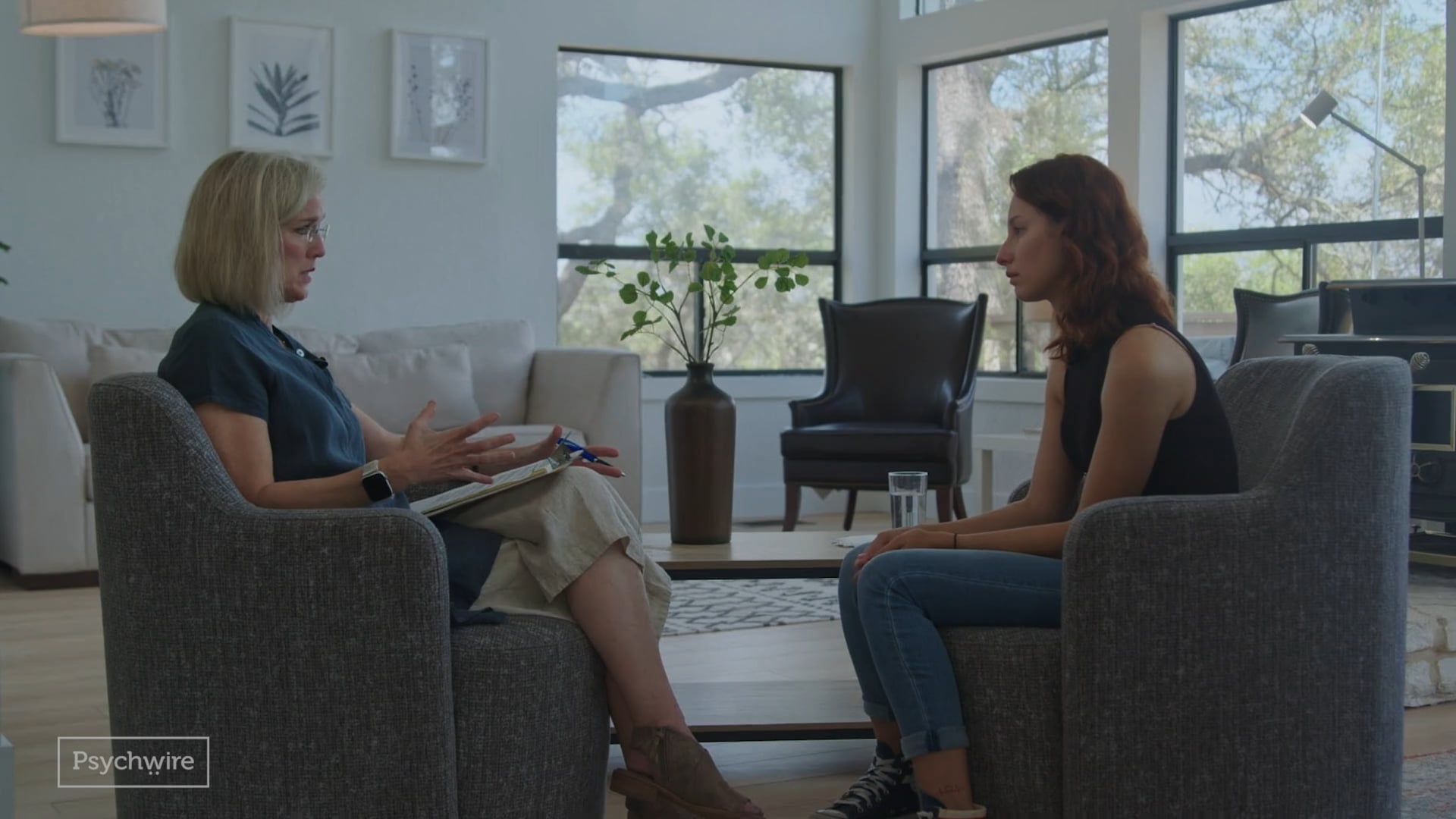
PTSD Psychoeducation
 CBT for Trauma
CBT for TraumaWhen a person goes through a traumatic event and and you've been through many, even though those events might have been similar, in that it was the same person hurting you, they may have hurt you in similar ways. There's something about a traumatic event that doesn't fit in with our normal experiences. It's confusing. It's a shock to your system that this has happened to you. And and maybe even with Hector, it wasn't a shock after a while, but that doesn't mean that your body wasn't still reacting.
As if it was under threat. Because it was, you were under threat. You were you were your life was in danger at times you felt. Right? When we have experiences like that, we can develop ways of coping with the emotions that come along with that. That really help us in the short term. One of the-- one of the things that you've mentioned and and that I've seen in lots of other folks who've had traumatic experiences is that, we try to avoid feeling those painful feelings that are associated with that, that we try to put it out of our minds.
Right? We try to if something's triggering us think about it, we try to avoid that thing. Right? And you've mentioned many things that you're avoiding. And and this makes a lot of sense when you think about it. I mean, who wouldn't avoid something that's painful. So in the beginning, avoidance seems like a really good strategy to help you manage something bad that's going on.
The problem with avoidance though is that you don't-- when you're avoiding something, consistently, you don't get a chance to kinda grapple with it and figure out what to do about it, and it kinda hangs around. And so, not avoiding those reminders, not going places that seem dangerous, things like that. You don't get a chance to see in those situations that if you stayed and you kind of let yourself feel anxious for a bit, that it was actually safe to be in those situations. And it wasn't as dangerous as you anticipated that it would be.
And when you avoid, you don't get a chance to learn that. Right? And sometimes it can even become like a habit, like I just don't do those things anymore because it's too hard. It's too scary. So over time, people who've had experiences like that when they engage in a lot of avoidance, it can prevent them kinda making sense of the event and figuring out how to move forward in a way that makes, that that's helpful or are useful in their lives. And it just kinda keeps them stuck with all of those emotions.
And it sounds like that's what you're experiencing right now, completely understandable. And at the same time, really interrupting your ability to do the things you wanna do and to be the person you are meant to be. Right?